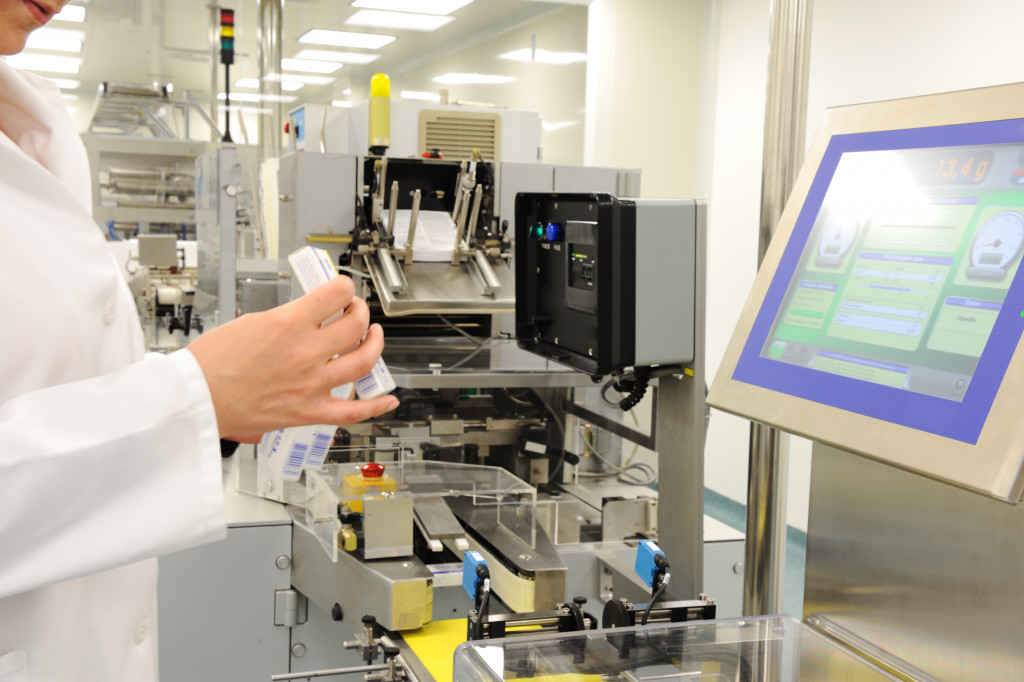In today’s competitive business world, speed and efficiency are critical to success. And this is particularly true for manufacturing companies. Many manufacturing companies are turning to automation to streamline their processes and increase productivity to stay ahead of the competition. Traditional manufacturing methods are often time-consuming and labor-intensive, leading to production bottlenecks and ultimately affecting a company’s bottom line.
What is automation?
Automation is the use of machines, control systems, and information technologies to minimize the need for human intervention in the production process. These machines use pneumatic actuators, electronics, hydraulics, and other technologies to automate tasks that would otherwise be performed by human workers. The main objective is to increase efficiency while reducing costs and other advantages.
By automating processes, manufacturers can produce goods faster and more efficiently. Additionally, automated systems are often more accurate than manual ones, which leads to fewer defects and less waste.
Benefits of automating your processes
Any business would benefit from automating its processes, but for manufacturing companies, the advantages are particularly pronounced. Here are some of the benefits that your company could enjoy by automating its processes:
Increased productivity

By automating processes, you can increase productivity and output. Computerized machines can work faster and for more extended periods of time than human workers, which means that more goods can be produced in a shorter period. In fact, some estimates suggest that automated systems can be up to 10 times more productive than their manual counterparts.
However, regular maintenance is critical to maintaining high productivity levels. Make sure your machines are well-maintained and regularly serviced to avoid any disruptions in production. Otherwise, you could end up negating the benefits of automation.
Improved quality
Automated processes often result in higher-quality products. This is because automated machines are more precise than human workers and are less likely to make mistakes. Additionally, mechanical systems can be programmed to detect defects and take corrective action, reducing the chance of defects making it to the final product.
In fact, automated processes can be so effective at reducing defects that some companies have achieved “zero defect” production. This means that every item produced meets the company’s high standards for quality, which is an impressive accomplishment.
Reduced costs
One of the main reasons that companies automate their processes is to reduce costs. Automated machines require less labor, which can significantly reduce wages and other related expenses. Automated systems are often more energy-efficient than manual ones, lowering your company’s operating costs. That means automating your processes is an excellent place to start if you want to save money.
Faster turnaround times
Another benefit of automation is that it can help you get your products to market faster. Automated systems can shorten production time by performing tasks more quickly and efficiently. In some cases, computerized machines can work around the clock, reducing production time. By reducing production time, you can get your products to market faster and take advantage of opportunities that might otherwise be missed.
Improved safety
When done correctly, automating your processes can actually improve safety in the workplace. This is because automated machines can perform too dangerous tasks for human workers. Additionally, automated systems can be designed to monitor conditions in the workplace and take corrective action if necessary.
For example, if a machine detects an unsafe condition, it can shut down automatically to prevent an accident. That’s a significant improvement over manual systems, which rely on human workers to spot potential dangers.
Easier to scale production
If your company grows, you’ll need to increase production to meet customer demand. With manual processes, this can be challenging since you’ll need to hire more workers and train them to use the equipment. However, with automated processes, it’s much easier to scale production.
Since automated machines can be operated by a small team of workers, adding capacity as needed is easier. Additionally, automated machines can often be operated remotely, reducing the need for extra workers.
Increased flexibility
Another advantage of automated processes is that they offer increased flexibility compared to manual methods. This is because automated machines can be quickly reconfigured to change the products they produce. Additionally, automated systems can often be operated remotely, which gives companies the ability to respond quickly to changes in market conditions.
The bottom line
As you can see, there are many advantages to automating your company’s processes. From increased productivity to improved safety, there are plenty of reasons to switch. So, if you want to improve your company’s operations, consider automating your processes. You’ll be glad you did.

